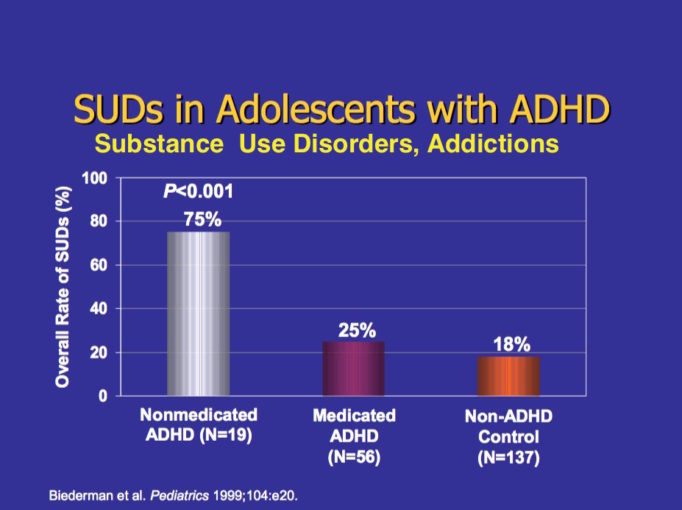
I
The process of personal recovery in people diagnosed with substance use disorder and comorbid attention deficit/hyperactivity disorder (ADHD) or autism spectrum disorder (ASD) was mapped.
Pervasive Developmental Disorder
Rare pervasive developmental disorder that typically affects females that is characterized by a short period of typical development followed by loss of social, cognitive, and motor skills.
From: Encyclopedia of Adolescence, 2011
Autism
Hymie Anisman, … Alexander Kusnecov, in The Immune System and Mental Health, 2018
Abstract
Autism spectrum disorder (ASD) is a developmental disorder associated with a range of genetic, pathophysiological, and environmental conditions. There has been a growing interest in the immunological aspects of ASD, which encompass familial, maternal, and intraindividual factors. The possibility exists that autism is influenced by autoimmune factors and abnormalities in cytokine production both systemically and in the brain. In addition, gastrointestinal immune perturbations, which may arise from the prominent gastrointestinal distress reported by ASD individuals, might be related to ASD, possibly being influenced by microbiota. There are presently appreciable data that acknowledge the presence of significant deviations in immunity in ASD individuals. The challenge for the future will be to identify more stable immune profiles that are uniquely present in autism, and might contribute to a better understanding of its etiology. In this regard, individual differences in autism characteristics, including immune alterations, might serve as biomarkers for a personalized treatment approach. For more on this definition please refer to the full report.
Four general themes representing four consecutive stages in the recovery process were identified in both client groups: (1) crisis and diagnosis; (2) dealing with agitation, symptoms, and burden; (3) reorganization of life; and (4) meaningful life. However, the personal recovery outcomes and the need for support were different for the two clients groups. Based on these findings, mental health nurses can offer recovery supporting care tailored to the challenging needs of these clients. For the SUD + ADHD group, overall, a coaching attitude is preferred. For the SUD + ASD group, overall, instructional, supportive and directive attitude is needed.
Cited by (8)
- The lived experiences of adults with attention-deficit/hyperactivity disorder: A rapid review of qualitative evidence2022, Frontiers in Psychiatry
- Patients With Autism Spectrum Disorder and Co-occurring Substance Use Disorder: A Clinical Intervention Study2022, Substance Abuse: Research and Treatment
- Autistic traits in mentalization-based treatment for concurrent borderline personality disorder and substance use disorder: Secondary analyses of a randomized controlled feasibility study2020, Scandinavian Journal of Psychology
- Systematic review of risk and protective factors associated with substance use and abuse in individuals with autism spectrum disorders2020, Autism
- The burden of adult ADHD in comorbid psychiatric and neurological disorders2020, The Burden of Adult ADHD in Comorbid Psychiatric and Neurological Disorders
- State of the Art in European Addictions Nursing: Perspectives from the United Kingdom, Ireland, and the Netherlands2019, Journal of Addictions Nursing
View all citing articles on ScopusView full text
